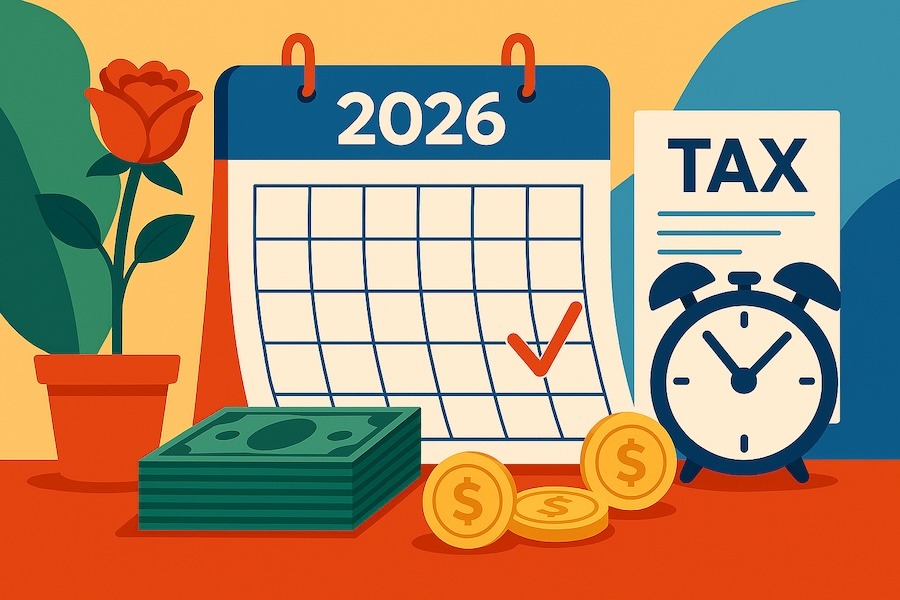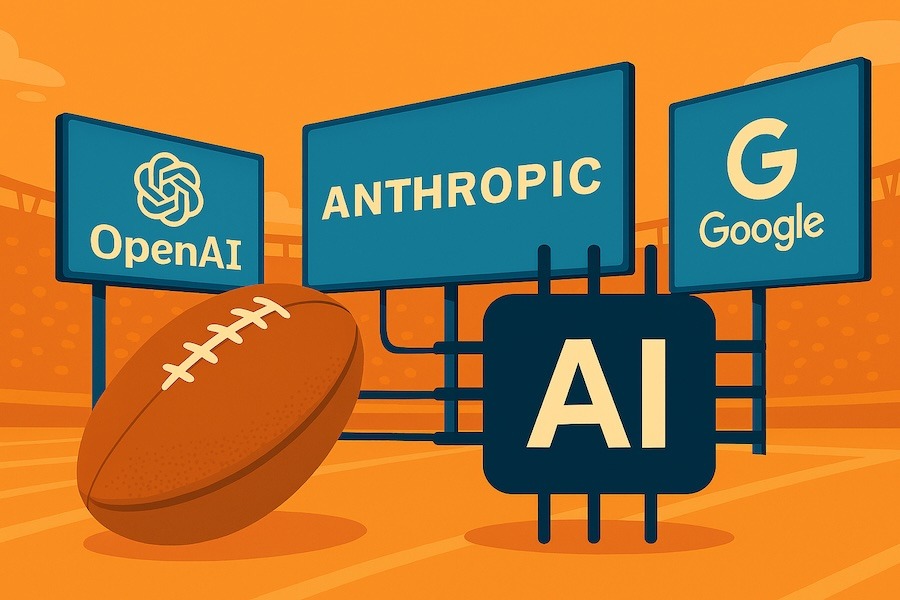Upcoming Changes to New Income Protection Policies
What is income protection?
Also known as ‘income replacement’, ‘salary continuance insurance’ or ‘disability income insurance’, income protection provides a portion of your income, for example 75% of your annual salary, if you are unable to work due to injury or sickness for a certain period of time. Policies have a waiting period which you must service when you make a claim. Income protection also pays a benefit for a certain period, e.g. 2 years, 5 years, up to age 65 or 70.
Benefits of income protection insurance:
- Your greatest asset in life isn’t your house or superannuation. Income protection covers your most valuable asset, being your ability to earn an income
- Income protection premiums are tax deductible, which effectively reduces the cost of holding the policy
- You may have Income protection cover through super but they may be of low quality and not priced very competitively compared to more comprehensive policies outside of super
- You are more likely to claim on income protection cover than most other types of insurance, such as your car, home or even life insurance.
What are the changes to come?
In September 2020, APRA outlined the changes it wanted to see in place before 1st October 2021:
- Maximum benefit allowed – From 1 October 2021, insurers must ensure your benefit does not exceed 90% of your earnings at claim time for the first 6 months. After 6 months your maximum income protection benefit will be limited to 70% of your earnings at the time of claim, with some insurers going lower to 60%. This will affect you if your claim is long term, i.e. permanent disability.
- Assessing claim amount – Definition of income at the time of claim, will be limited to annual income at the time you make a claim, which is the last 12 months. Compared to some current policies which use the highest 12 months income in the last 2 or 3 years to smooth out fluctuating income. This means that if you haven’t worked for a period of time during the past year, you may not receive your full insurance benefit amount. We expect there may be some adjustments to parental leave or more specific details provided for certain occupations with variable income.
- Definition of disability – Currently, income protection policies can pay out if you are unable to do your job. After 1 October 2021, your income protection policy is likely to only pay out if you are unable to do any job after the first two years of claim. This could significantly impact your ability to stay on claim long term. This means you could be forced into finding work before you are ready if you do not meet the prescribed disability criteria.
- Policies to be guaranteed renewable for no longer than 5 years, compared to current policies with terms of up to age 65 or 70. This is now postposed to 1 October 2022 as insurers have been unable to work out solutions to satisfy this measure without adverse consequences to consumers (source).
What does this mean for existing insurance policyholders?
Existing insurance policyholders are not impacted by these changes. As long as you keep paying your premiums. You may have noticed over the last 2 years that your insurance premiums have increased quite a bit. It may be time to review existing policies to make sure you are properly covered and not paying too much for insurance.
Because of the new changes, we advise that anyone who do not have income protection obtain the policy now before 1 October 2021 so your policy falls under the current more generous definitions.
If you have any questions about insurance or wish to obtain a policy, please speak to us as soon as possible.




